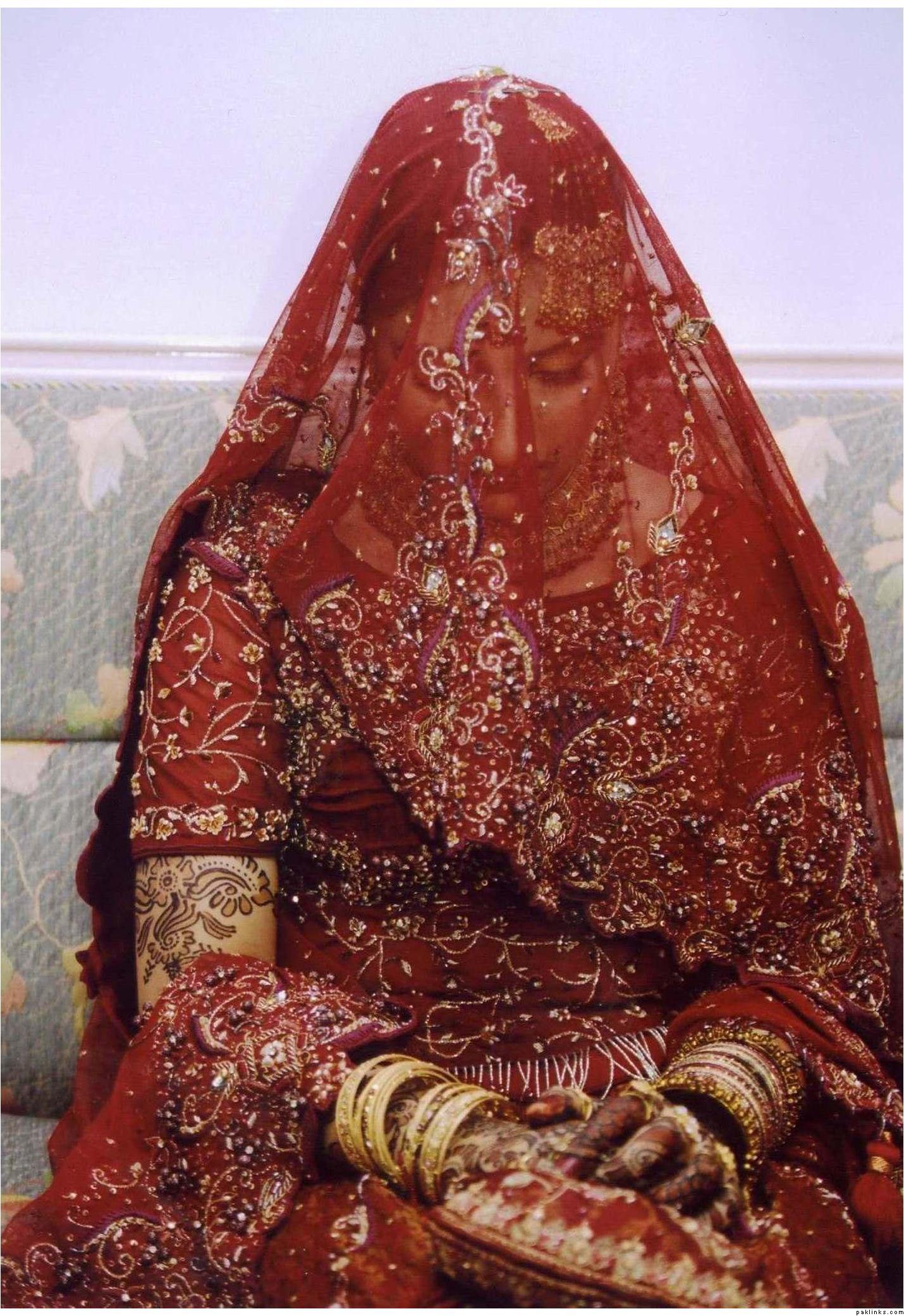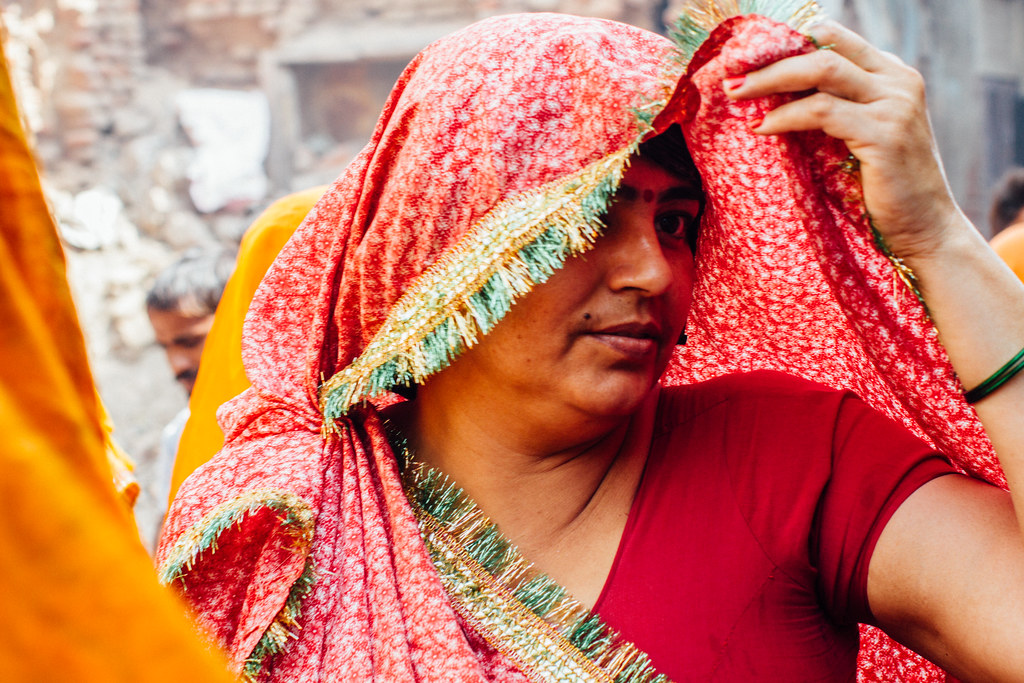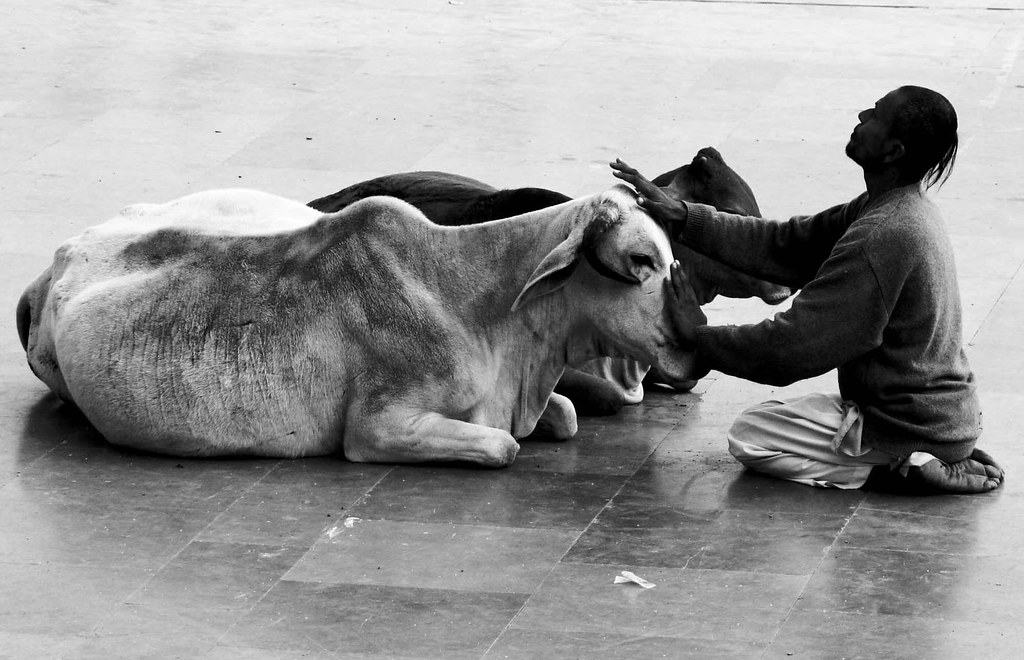



Its agonizing that in 21st century our Nation, which is still a developing nation and is grappling with poverty, that has very few technological achievements to boast around, whose education system is in shambles, which does not have a single institution ranked amongst top 100 in the world,is busy arguing on issues like should Hijab be allowed in schools or not ?
As if removal of Hijab will resolve all their problems.
And its young students are on the streets - being COMMUNALISED, because there is one set of students which has saffron scarves draped around their necks demanding banning of Hijab and then there is another set with Hijab on claiming it to be their right.
It is amazing that our political leadership has so much of time to do scheming and manipulating public sentiments. Had they spent so much of time on resolving real issues facing the public we would have surely by now become a technologically advanced state.
Now that this issue of Hijab has become one more reason to target the muslim population and also the liberals, I think this is time to put things straight.
One. Its high time that we the countrymen realize that India can not progress and its security will be seriously impacted if we do not work unitedly with a focused approach. Ridiculing and mocking each others culture and religion will only create millions of disengaged and disgruntled people, which will only lead to internal law and order problems. A society in strife can never progress, yes the ruling junta surely can continue in power by making various sections of the population fight amongst each other.
Two. Truly, any kind of compulsive dress system is bad , be it a Ghungat or a hijab for the natural growth of a person. It surely must be stifling a person. But those reforms must come from within the community and not been compulsively enforced. Because,
Three. If the Indian Govt’s top leadership is seen flouting its religious affiliations and religious symbols and is being cheered upon by his followers and adherents of that religion, what moral right then that Leader has, to compel other communities to give up displaying their religious affiliations/ symbols. This kind of behavior by the state smacks of hypocrisy and double standards.
Four. HC, Karnataka rightly restrained all students from wearing saffron shawls, scarves, hijab and any religious flag within the classroom, but it needs to go further ahead. If at all the State is serious in maintaining uniformity then it needs to take a large number of steps ; ban display of tilaks and saffron thread that is worn by Hindu students on their wrist, ban janaiu/ thread worn by Brahmin students across their chest, ban bindis applied by hindu girls.
As of now, it appears that all that is happening in the guise of attaining uniformity and empowering women is basically targeting one particular community. Hence one gets a feel that it is being done for political purposes and has very little to do with empowering the women. The State is unnecessarily Politicizing the schools and is encouraging Hooligans to target muslim girls in the guise of women empowerent and UNIFORMITY.
The women in India have many more serious challenges to face then just Hijab, Please have a look at the recent media reports ;
Add a comment


